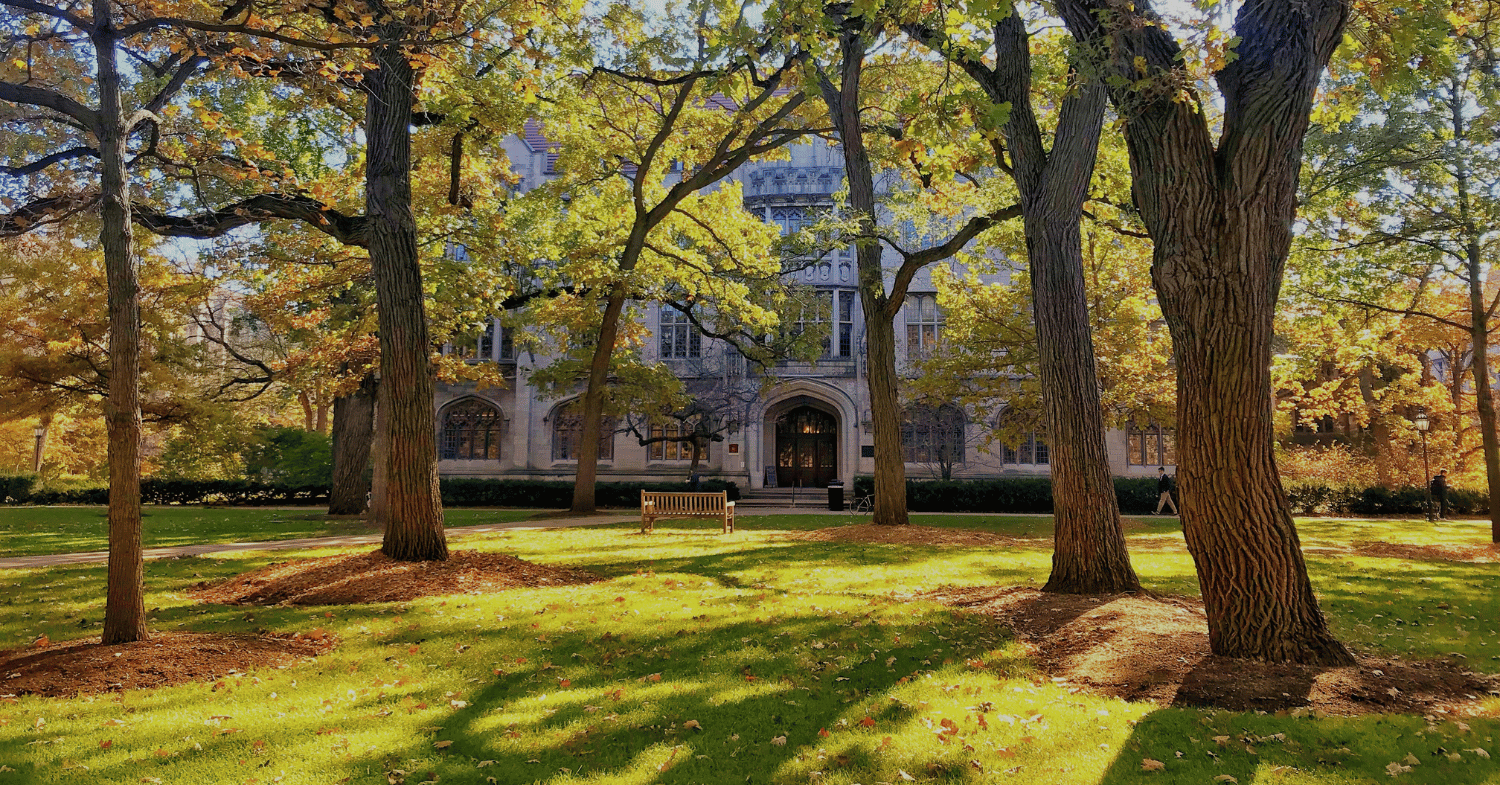5 things to do this summer: A guide for Year 11 students
If you’re currently in fifth form (that’s Year 11 in UK terms), you’ve probably just finished a difficult set of exams. And yes, by all means, take some time to rest! But if you’re thinking about applying to university in the US, this summer is also a fantastic opportunity for you to boost your applications. Of course, no one’s expecting you to run a company or change the world at this stage. However, doing small things now could set you up perfectly for bigger things later on.
US colleges love active students who take initiative and do good things in their free time. They value intellectual curiosity, community involvement, and the capacity to commit to things long-term. Experimenting with different career paths and projects can also help you to decide what you enjoy and what kind of things you might like to do in the future. After all, if you don’t try, how will you know?
Here are five summer activity ideas, recommended by A-List advisors, to strengthen your US college applications:
1. Volunteer in your community
Any kind of volunteering is a great thing to do, but volunteering strategically is what you should be focusing on. By strategically, I mean doing something that connects to your broader interests. For example, if you’re really interested in biology, could you possibly volunteer with a local conservation group that’s trying to protect a certain natural area or species? If you’re interested in history, could you maybe help with local community heritage projects?
Whatever you decide to choose, remember that admissions officers will connect the dots between the different parts of your application. If you say you care about something, that’ll look so much more convincing if you’ve actually gone out and done something about it. Also remember that sustained engagement is key here. One weekend helping with a beach clean-up isn’t a bad start, but if you really want to impress US colleges, you should start thinking in terms of weeks, months and even years.
One last important tip: log your hours and keep a note of everything you do whilst it’s still fresh. You’ll really thank yourself later when it comes to filling out the application forms!
2. Assist a professor
This can be difficult or even impossible for some due to various reasons, but if you can pull it off somehow, it could be extremely beneficial. Do you live near a university? Do you have any family members or family friends that work in academia? If yes, reach out to them – politely! Tell them what you’re interested in doing and ask if you could observe or assist with anything – anything at all. And don’t forget: if someone does decide to take you on, they’ll be doing you a big favour, so make sure to thank them!
If you’re lucky enough to get in with a professor, you almost certainly won’t be joining a full-on research project yet. However, even helping an academic organise materials, digitise records or transcribe interviews looks really impressive on a college application. It shows interest and initiative, and you’ll learn a lot of invaluable things about the research process, life in academia, and more.
And remember: when it comes time to write your applications, don’t exaggerate or self-aggrandise. You’re not expected to be an expert in anything yet; just try to make yourself look as eager and willing to learn as possible.
3. Attend a (good) summer programme
There are millions of summer programmes out there, and not all of them are good. A well-run academic or specialist programme of some kind can help you dive deeper into subjects you love, meet other ambitious young people, and experience what life at university is really like. Needless to say, this could really benefit you!
Some programmes are selective, and some are obviously very expensive. But many of them offer scholarships, so make sure to look into all the financials first. Even if you don’t get your dream programme the first time around, just researching it and applying for it will give you a head start next time if you do decide to apply again.
One last tip on this: don’t fall into the trap of thinking that the brand name means everything. Admissions officers care more about what you did and what you gained from it than where you did it. If you have an incredible brand name attached to your application but can’t say anything interesting or thoughtful about the programme, it won’t be worth very much!
4. Start (or continue) preparing for standardised tests
I know: this one might be the most boring, difficult or strenuous option, and no one wants to spend their whole summer doing test preparation. But if you’re aiming for top US colleges (like the Ivy League), your SAT or ACT score will be crucial. A score below the current admitted class' average could completely kill your chances of acceptance, whilst a good score (above 1500) could really boost them.
The good news is, this doesn’t need to take over your entire summer. If you start early and keep up with regular sessions, perhaps with a tutor, you’ll thank yourself a lot when Year 12 ramps up. Think of it like building a house: slowly adding bricks and layers until you have a solid foundation. If you don’t start putting in the hours early, you’ll have to make up for lost time later.
Tip: don’t waste time on rubbish practice materials. Find high-quality resources, possibly with the help of teachers or family members, and focus on those. When you’re ready, start testing yourself under timed conditions, and figure out where your weak spots are early on. Those will be the areas that need the most attention over the coming months and years.
5. Read good materials
Every college applicant should be doing reading of some kind. It doesn’t matter whether it’s economics, literature, philosophy – whatever you’re most interested in. This summer, make time for serious reading. And by serious, I mean focused.
Don’t just read: write down what you liked, what confused you, what you agreed with and disagreed with. Share your thoughts with someone else. Talk about it with them. Read online forums and discussion groups. Engage with the ideas in the books in any way that you can.
The reason we do this is because reading by itself is not necessarily that impressive. Anyone can read a load of books, but only top students can talk about what they’ve read in a thoughtful, original way. In other words, it’s your thoughts about what you’ve read that are the impressive part, not the reading on its own.
Tip: try to start thinking of reading and reflection as a habit or a hobby, not as work. You’re expanding your mind, not just logging hours. And keep a running list of what you’ve read, along with all the notes that you’ve made about it. This will really help you when it comes time to apply.
Key takeaways
Consistency and substance matter more than quantity. A one-off activity is rarely meaningful, and if you can’t link it to what you’re really interested in, then it won’t be worth as much.
You don’t need to be perfect or prestigious. Just try to show as much curiosity, enthusiasm and initiative as possible. Brand names don’t matter; it’s what you do and what you can say about it that really counts.
Get organised and track everything. Open up some simple documents or spreadsheets, and start logging everything you’ve done, including hours, tasks, thoughts, reflections, and whatever else. Believe me, this will help you massively later on.
Summer is a break, yes, but it’s also an opportunity to do beneficial things that you won’t have time to do when you go back to school. Don’t stress too much; you don’t need to have everything figured out just now. But you do have to start somewhere!
Not sure where to begin? Overwhelmed with options? That’s what A-List is here for. We offer Private Consultations to help students and their families plan their summer strategically and develop a long-term admissions approach that works. If you want assistance researching opportunities, drawing a timeline, or just figuring out where to start, we are here to help.



